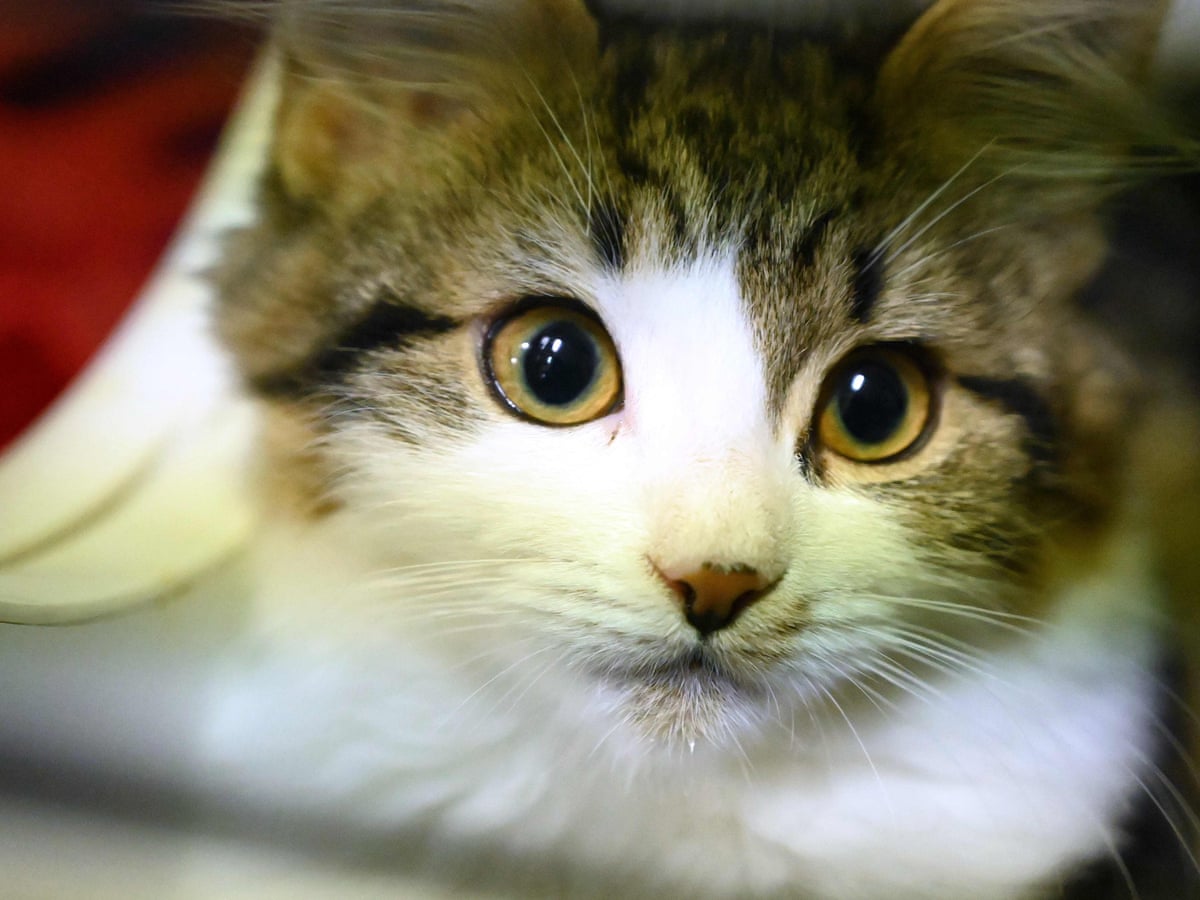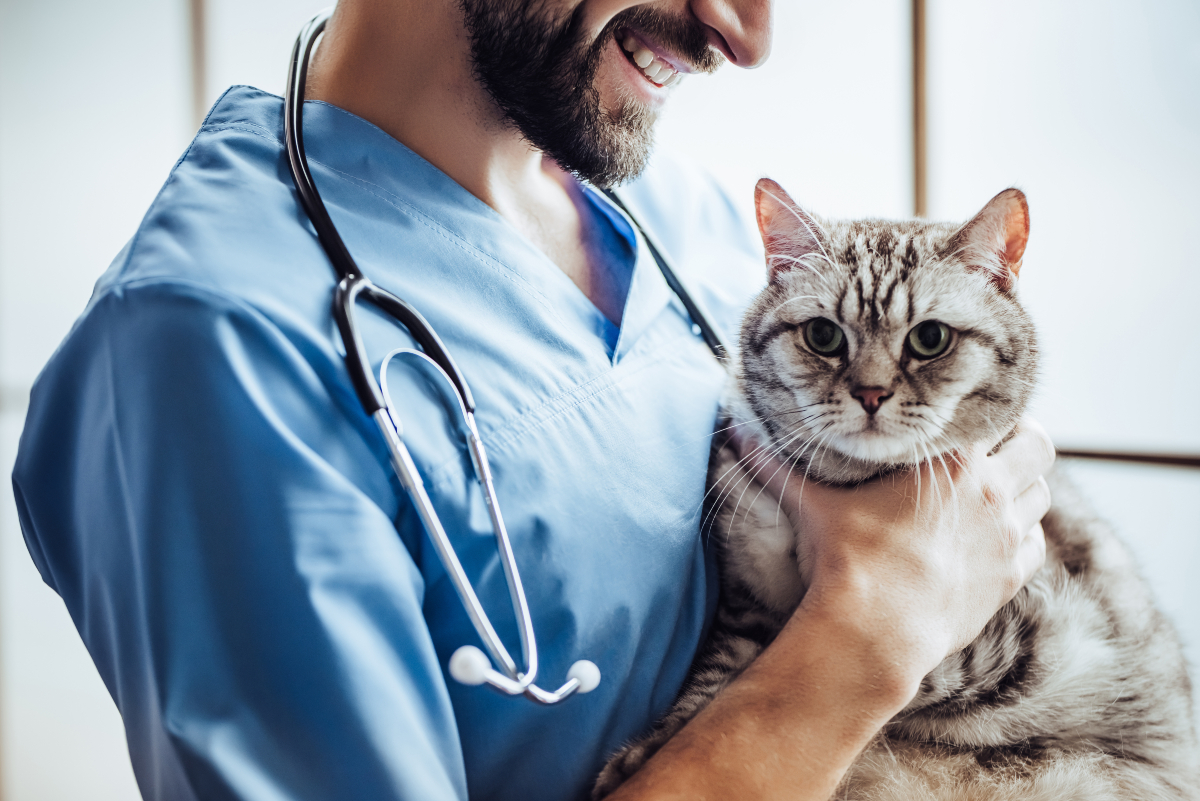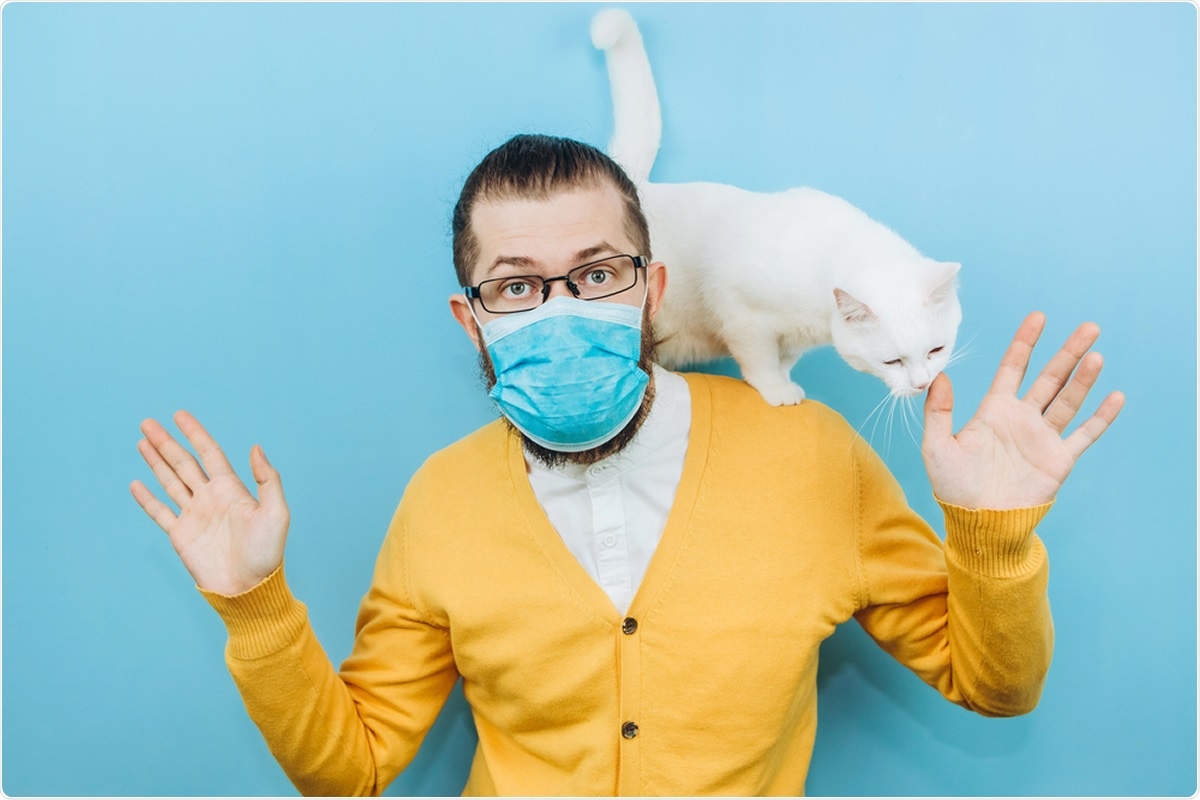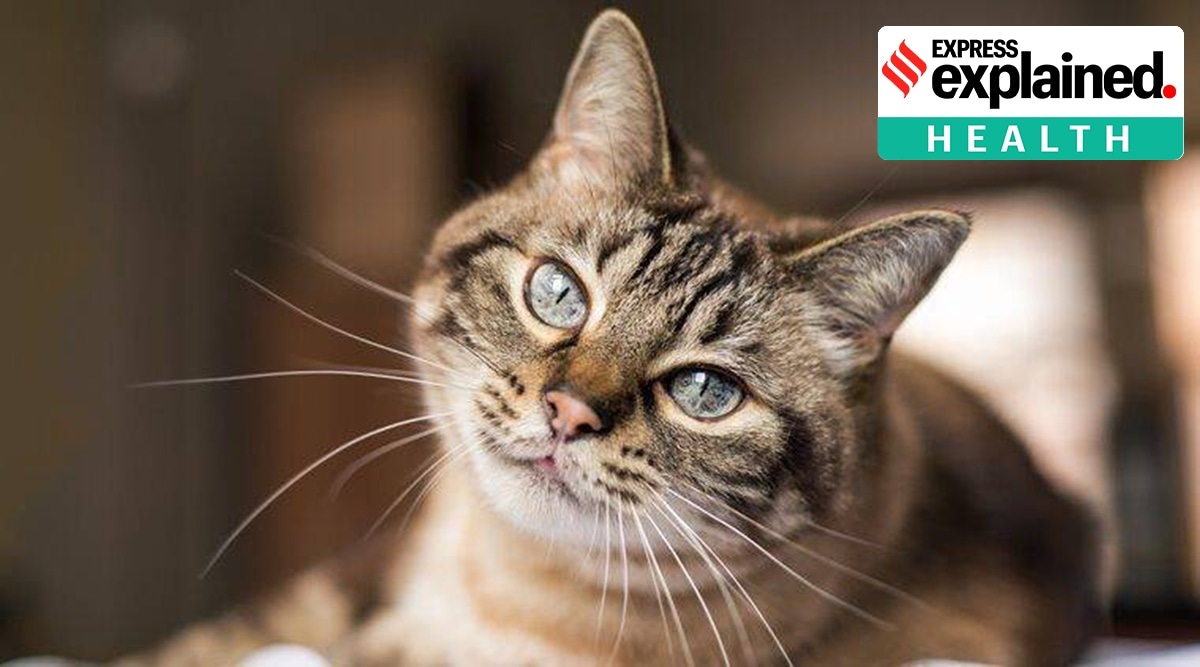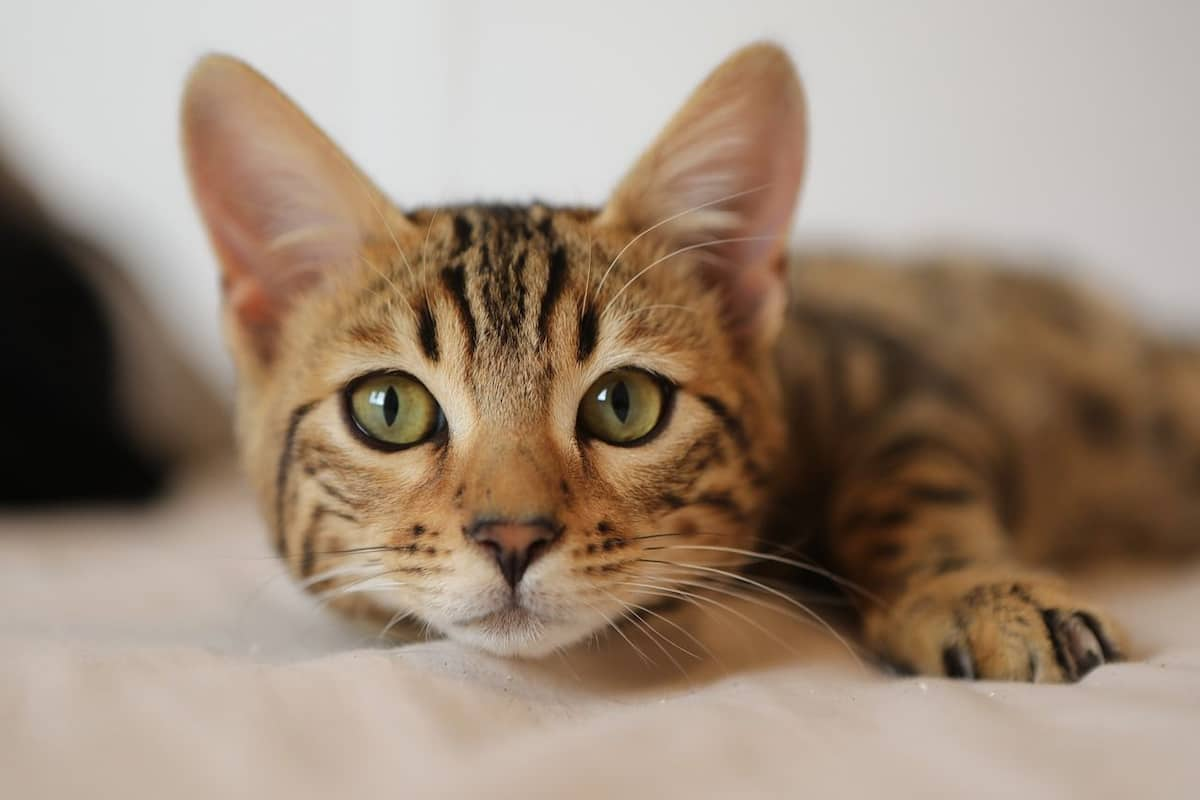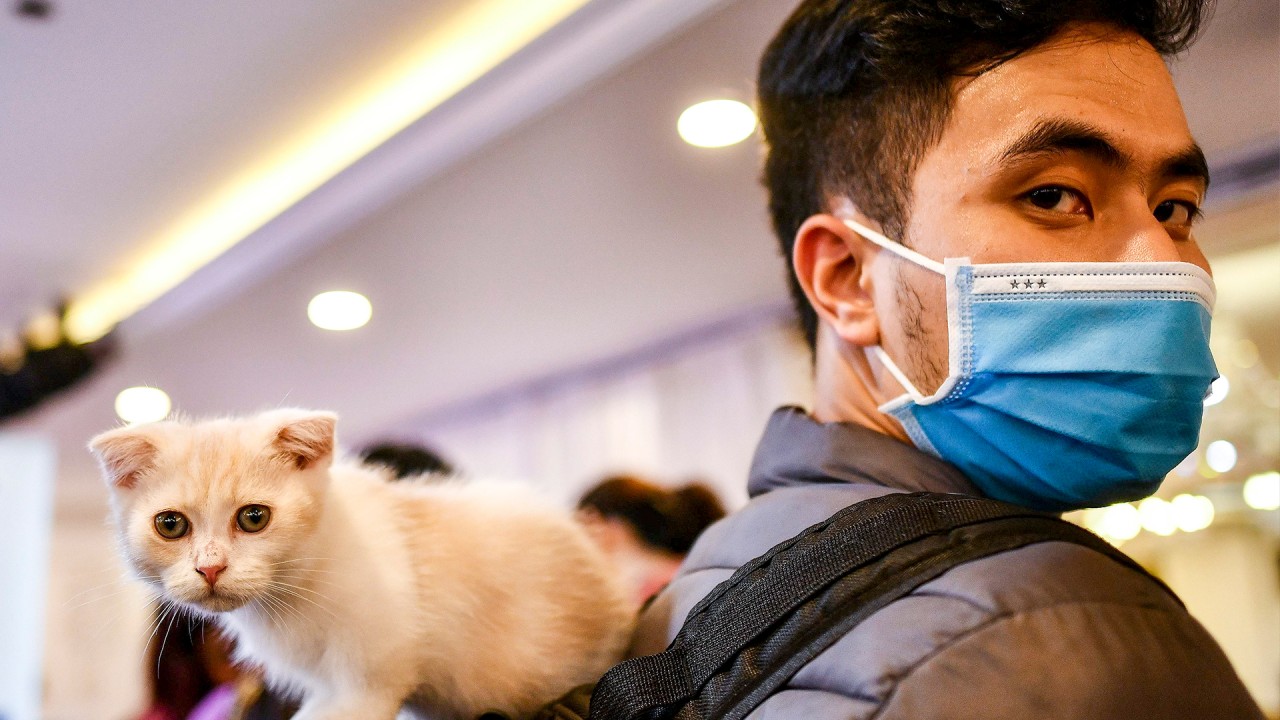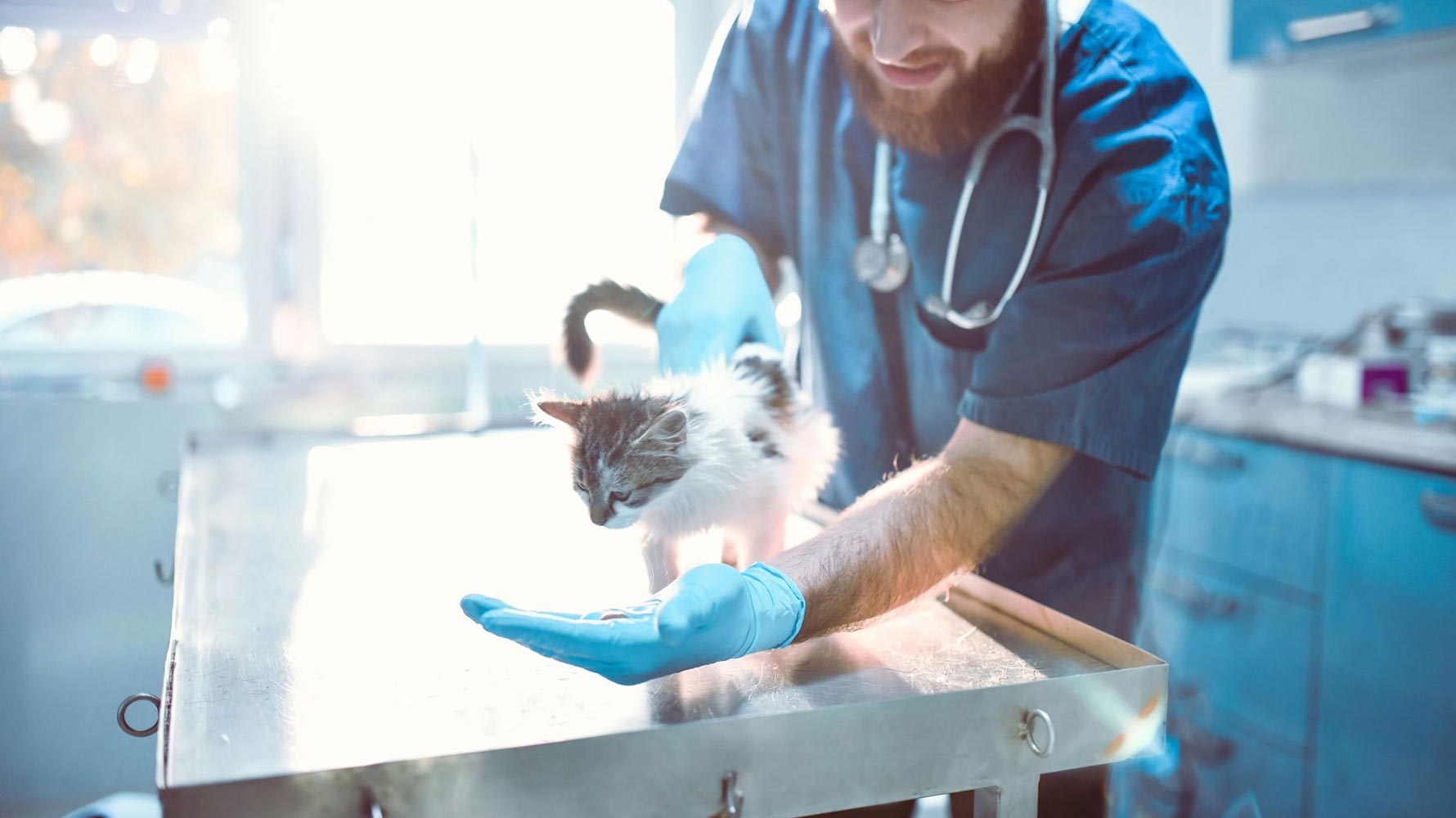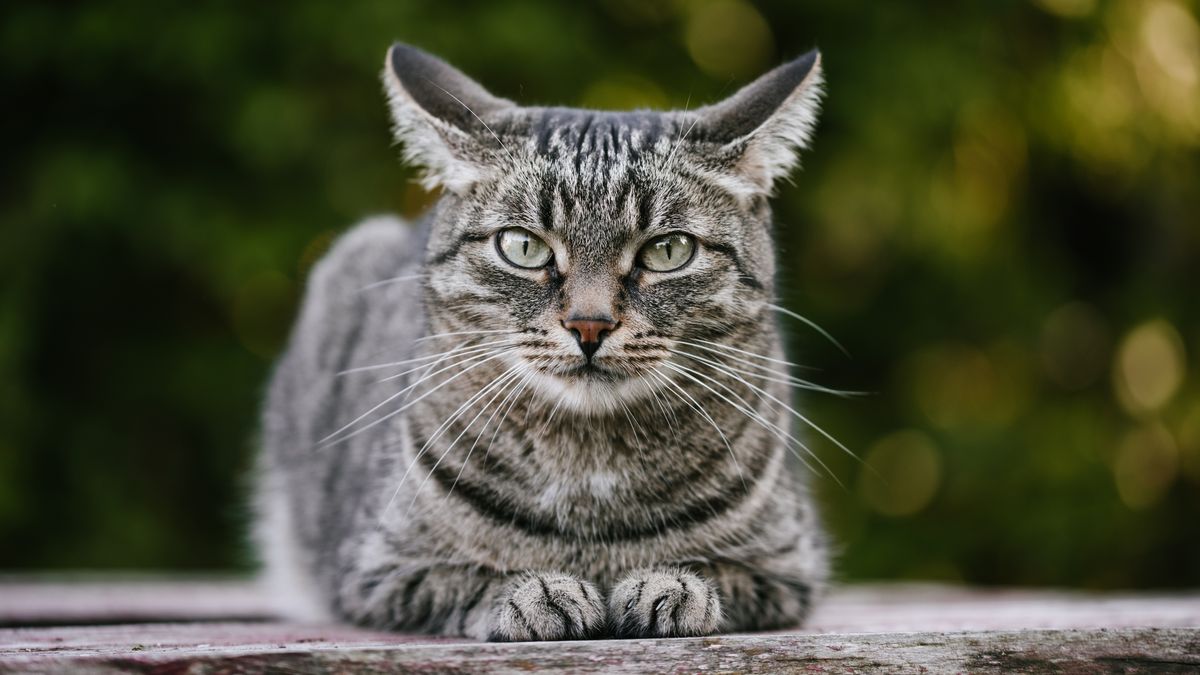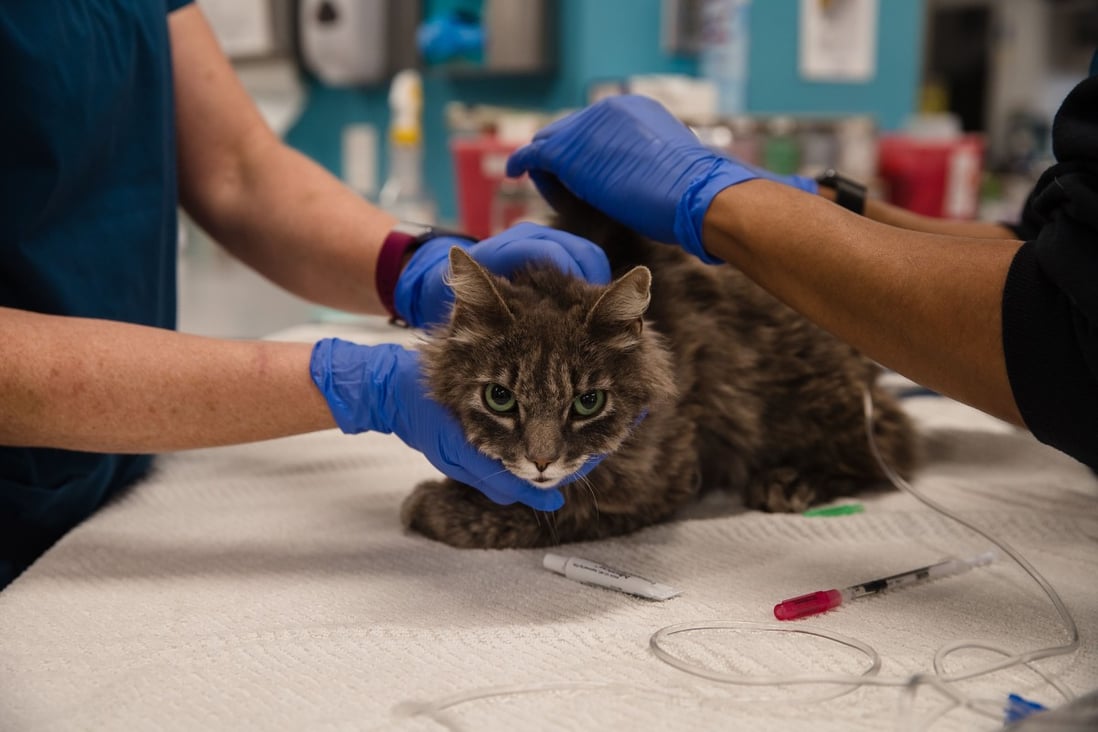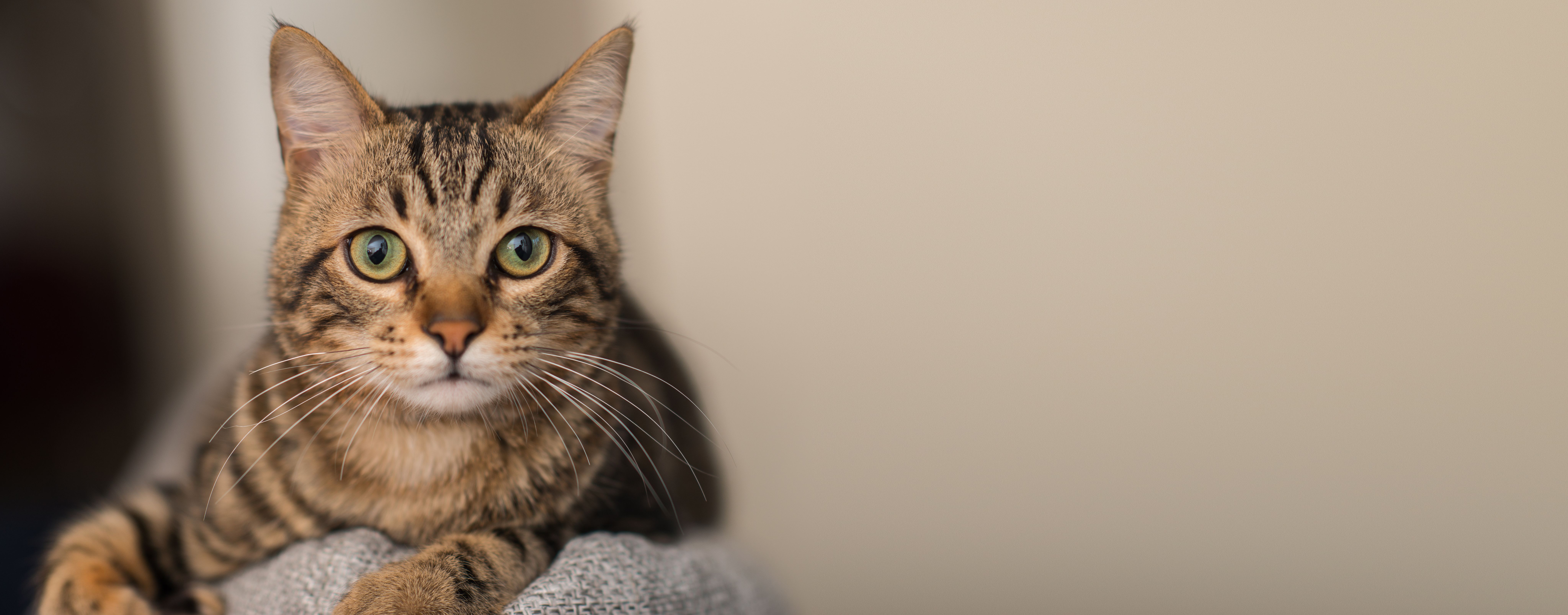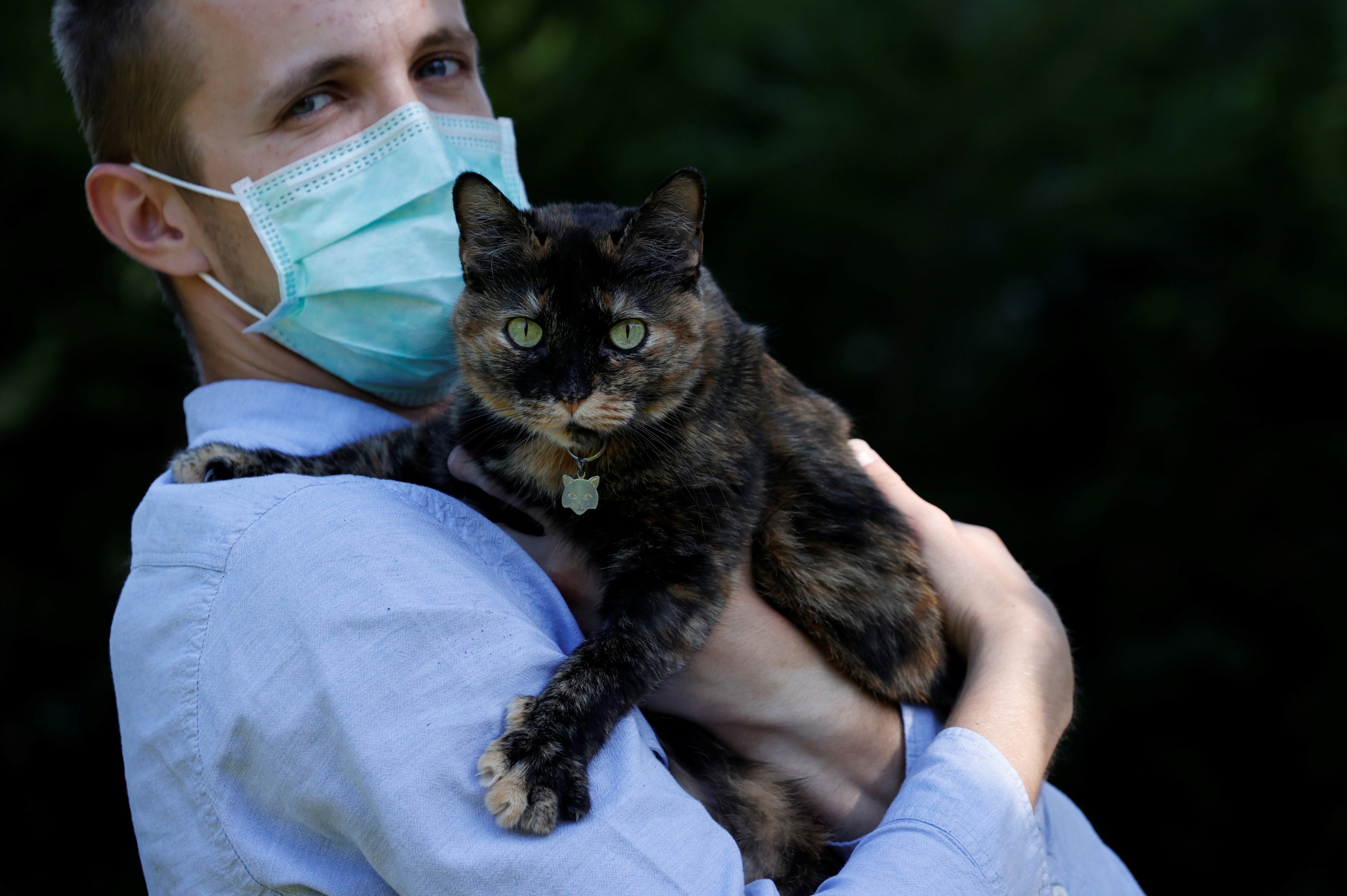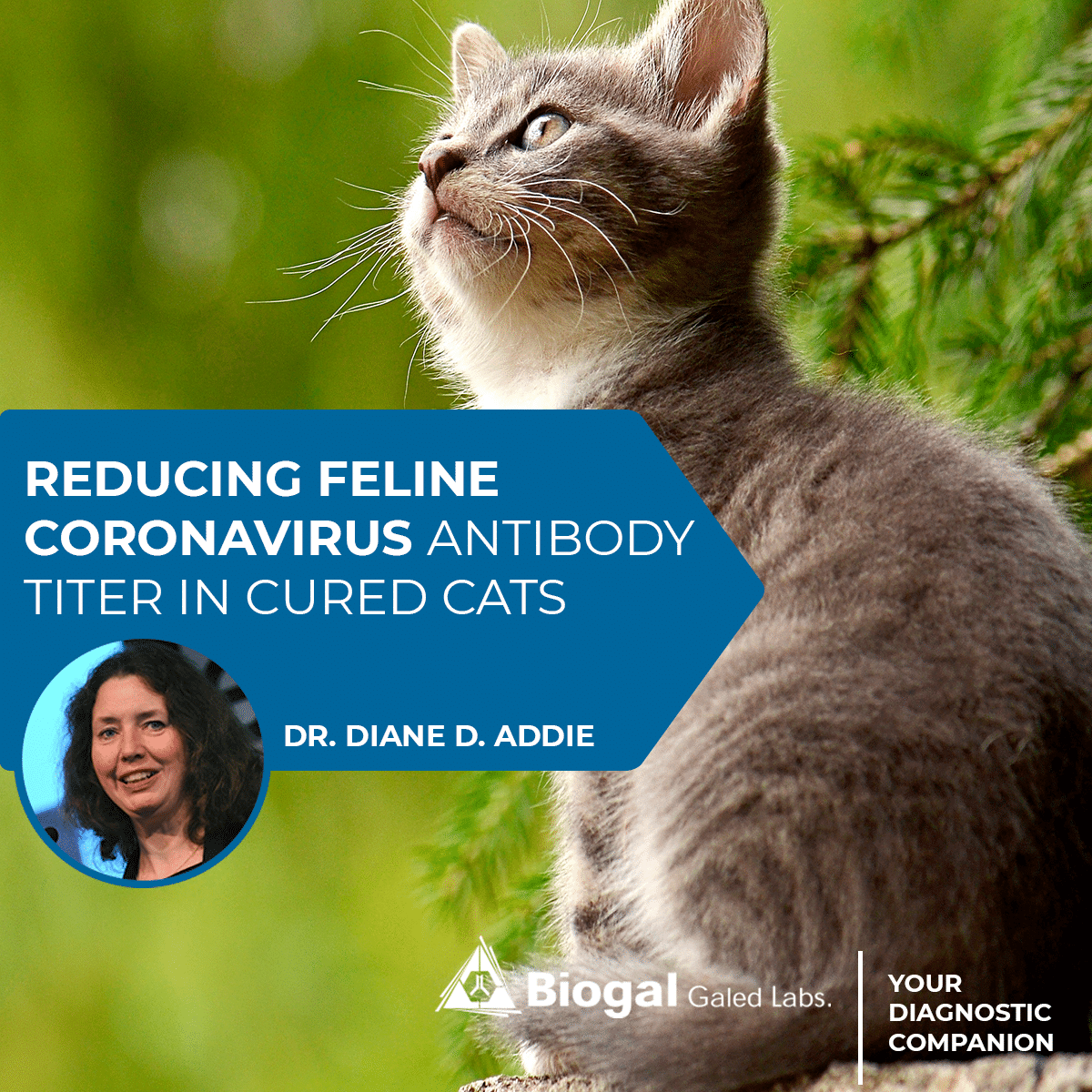Cats And Coronavirus Infection
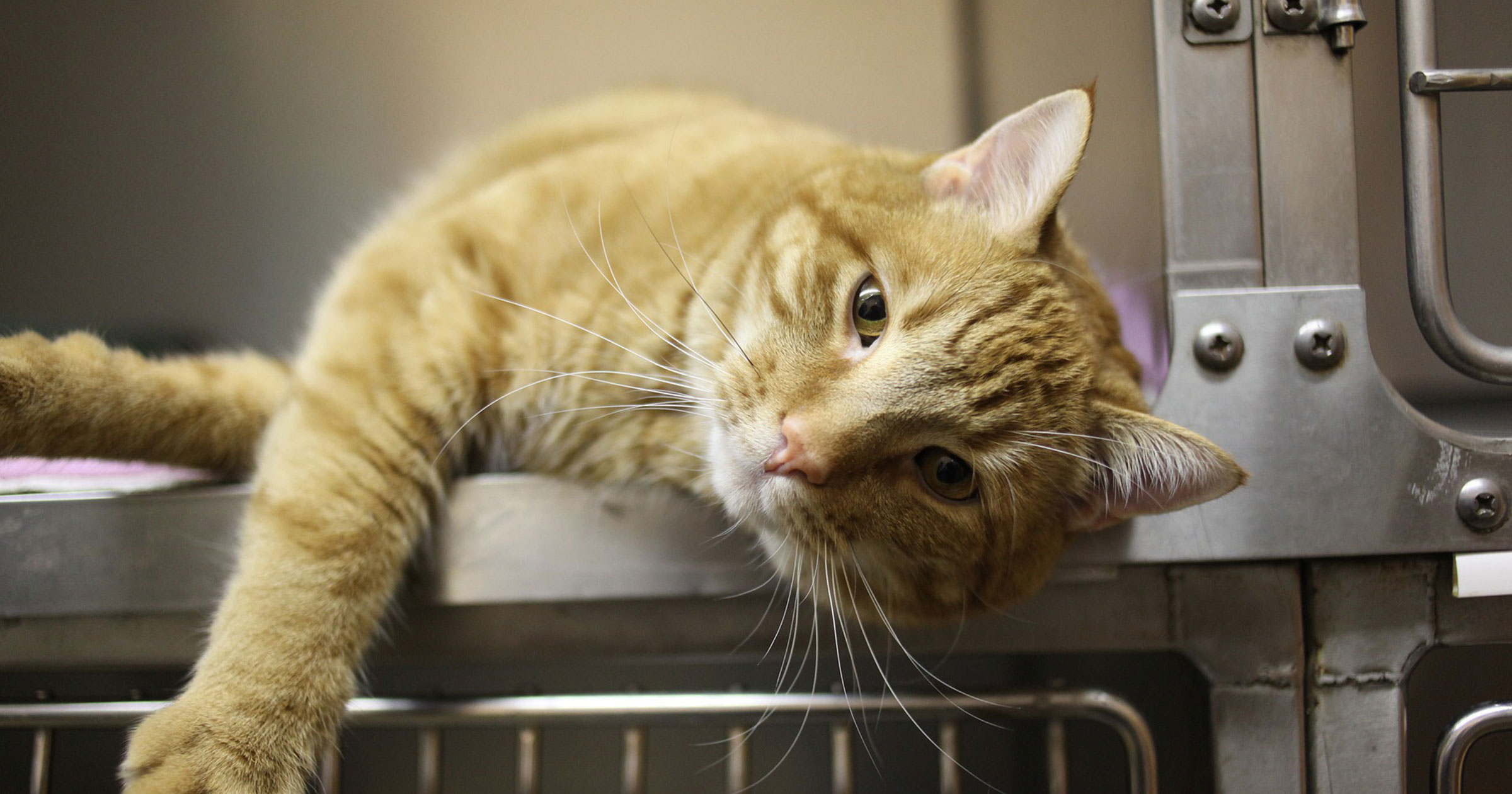
It generally causes asymptomatic infection but can cause mild diarrhea.
Cats and coronavirus infection. Cats can be infected with the coronavirus that causes COVID-19 and can spread it to other cats but dogs are not really susceptible to the infection say researchers in. Two cats from Spain are offering new insights into how felines respond to COVID-19 with scientists saying the animals appeared to have a robust immune response that protected them from developing. This virus has been designated feline enteric coronavirus to differentiate it from FIPV.
Ferrets cats and civets most susceptible to coronavirus infection after humans Ducks rats mice pigs and chickens had lower or no susceptibility to infection. It is estimated that 2540 of household pet cats have been infected with FCoV but the infection rate increases to 80 100 per cent for cats kept in multi-cat households or colonies. What is Feline Coronavirus or FCoV.
The research team infected three cats with large doses of the virus that causes COVID-19 SARS-CoV-2 directly into both eyes both nostrils the mouth and the trachea windpipeThe infected cats were housed in pairs with uninfected cats. Some cats continue to shed virus indefinitely however. Look what the cat.
None of the cats. Fifteen of the cats had COVID-19 antibodies in their blood and 11 of those cats had neutralizing antibodies that bind to the coronavirus and block infection. We dont yet know all of the animals that can get infected.
Household cats are more susceptible to coronavirus infection than dogs a new study has warned In the study the team looked at samples from blood serum collected from 239 cats and 510 dogs. Companion animals including pet cats and dogs and one ferret. How does a cat catch FCoV.
It is a common contagious virus that can be found in the faeces of cats. BEIJING - Three pet cats that tested positive for coronavirus were put down in the north-eastern Chinese city of Harbin state-backed media has reported leading to a social media backlash at what. It is more common in multi-cat households and does not affect other animals or people.
